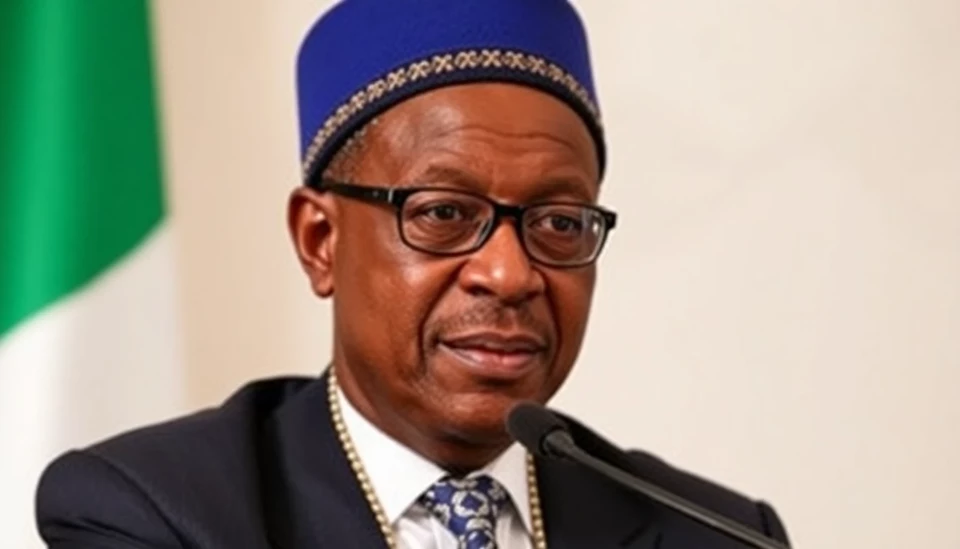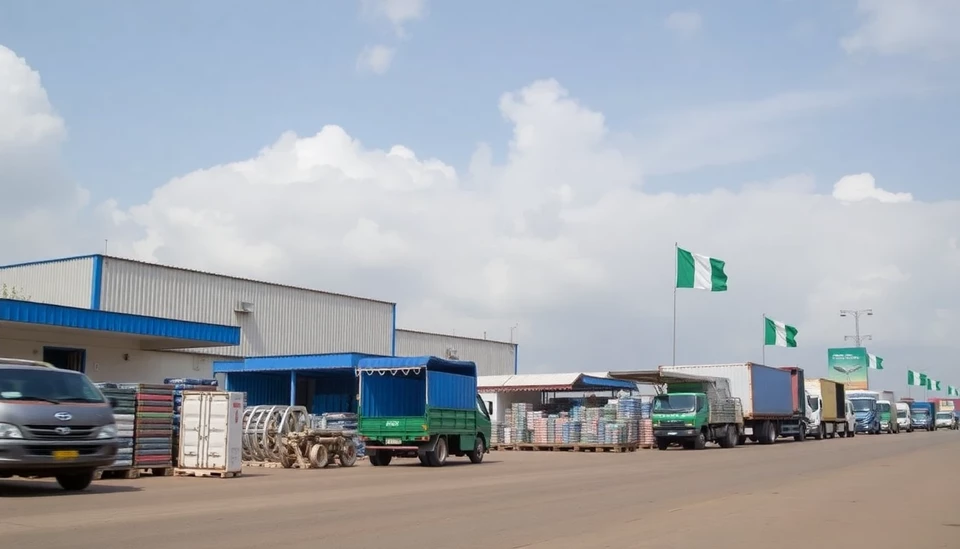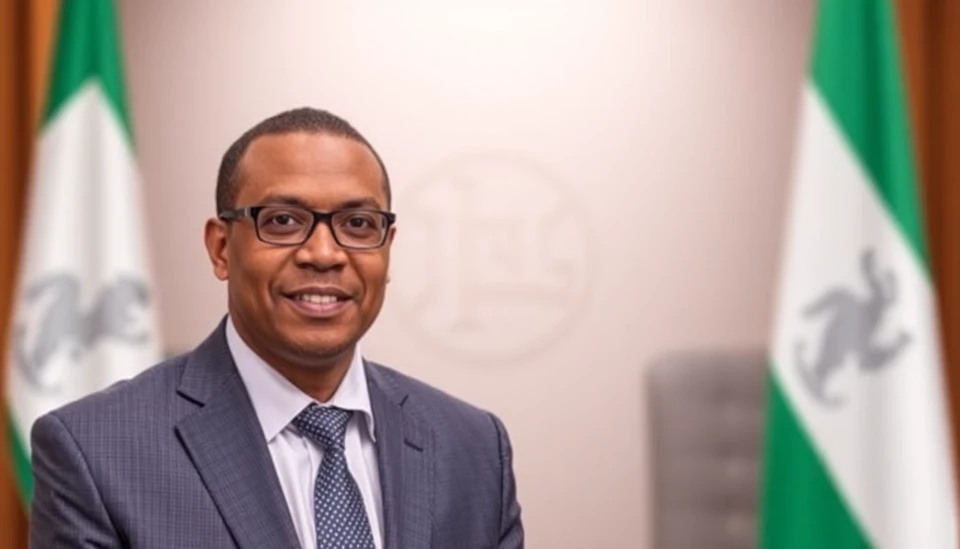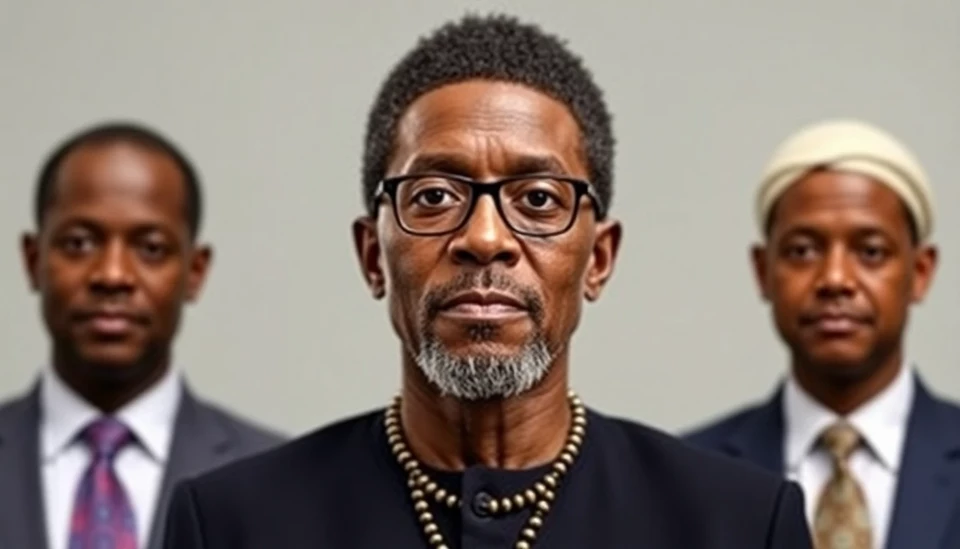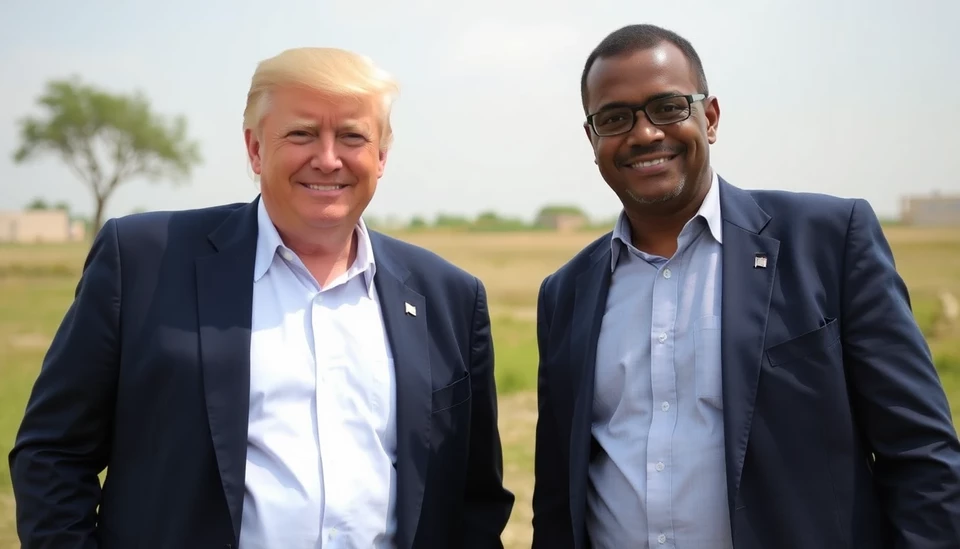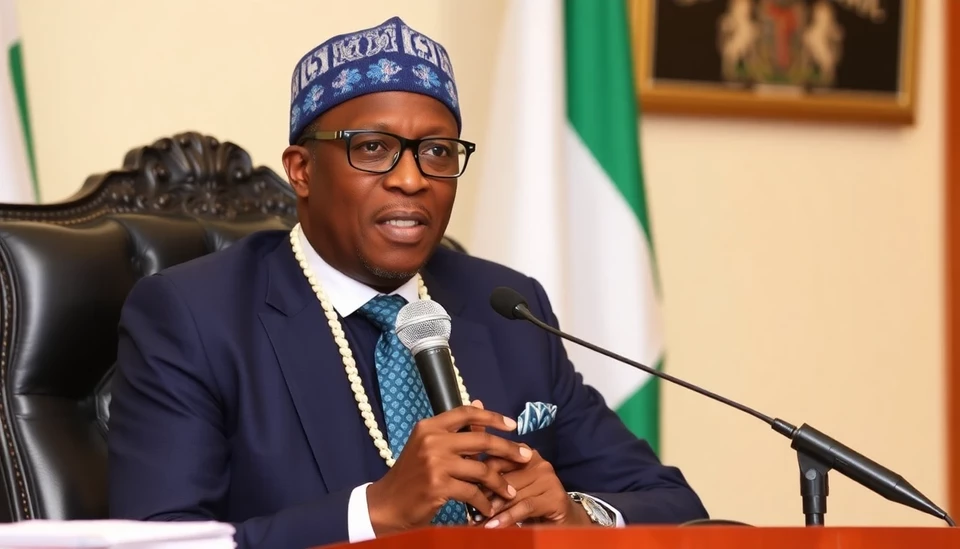
In a recent address to the nation, Nigeria’s President Bola Ahmed Tinubu staunchly defended his administration's economic reforms, which have been a source of rising discontent among citizens facing increased hardship. The President acknowledged the struggles faced by many Nigerians but emphasized that the reforms were crucial for the long-term economic stability and growth of the country.
The President’s remarks came in the wake of widespread protests and public outcry regarding soaring inflation, unemployment, and shortages of essential commodities. Many Nigerians have pointed fingers at the government’s policies, which include the removal of fuel subsidies and adjustments in foreign exchange rates. These changes, while intended to stabilize the economy, have inadvertently led to significant price hikes and a noticeable squeeze on household budgets.
“I understand the pain that many of you are experiencing,” Tinubu stated, while addressing the citizens through a nationwide broadcast. “However, these reforms are not only necessary but overdue. We cannot continue to operate an economy based on subsidies that ultimately harm our fiscal responsibilities and encourage inefficiencies.”
The President’s justification for the reforms aligns with the assertions made by economic analysts who have pointed out that the previous subsidy systems placed heavy burdens on the national treasury. They argue that a transition to a more market-driven economy is essential, despite the immediate challenges that come with such drastic changes.
Critics, however, remain unconvinced. Activists and opposition leaders have condemned the administration for implementing policies that disproportionately affect the poor and vulnerable populations. They argue that the government has not provided adequate social safety nets to cushion the impact of these reforms. “We have seen families struggling to afford basic necessities,” stated one opposition leader during a recent rally. “The government must do better to protect its citizens.”
Despite the backlash, Tinubu reiterated his commitment to a full economic overhaul that he believes will attract foreign investments and improve the nation's financial health in the long run. He stressed that by phasing out subsidies and enhancing revenue generation frameworks, Nigeria could achieve sustainable development and secure socio-economic stability.
Additionally, the President unveiled plans for various social intervention programs aimed at supporting the most affected groups. This includes initiatives targeted at food security, housing, and employment. “We are creating initiatives that will directly benefit our citizens during this transition period," Tinubu promised. "The aim is to ensure that no Nigerian is left behind as we navigate these tough times.”
As Nigeria navigates through these challenging economic waters, the President faces a critical test of his leadership and the validity of his reform agenda. Whether these measures will ultimately bring about the desired relief or result in further disenfranchisement remains to be seen. Citizens across the country are watching closely, their hopes resting on a government promise of a better future amid a swirling tide of hardship.
As the President continues his efforts to implement these reforms, the nation awaits any tangible signs of improvement that could alleviate the growing discontent and restore confidence in the economic management of Nigeria.
#Nigeria #Tinubu #EconomicReforms #Hardship #GovernmentPolicies #Inflation #SocialIntervention #Protests #Leadership #FiscalPolicy
Author: Rachel Greene
